Red hat Enterprise Linux (RHEL) 8 – The Foundation for New Technologies
Red Hat Certified Engineer (RHCE) is one of the globally accepted certification programs which qualifies an IT professional with proven skills in Linux administration to take up challenging projects in Linux.
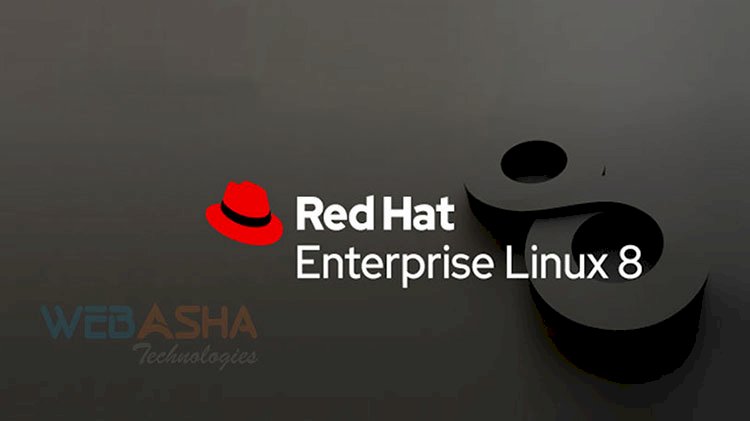
Over the past two decades, growth trajectory of Linux was sluggish in the initial stages but it has skyrocketed to precedential heights in the latter half of the period. Red Hat, a prominent player and the global leader in Linux distribution have contributed much in the process of meeting the technological challenges and fostering industrial development.
Red Hat Certified Engineer (RHCE) is one of the globally accepted certification programs which qualifies an IT professional with proven skills in Linux administration to take up challenging projects in Linux. The advent of the 21st century has triggered a technological revolution in the multiplex industrial system. New technologies have evolved and the necessity of these technologies to work together has mainstreamed its focus on hybrid cloud implementation. This scenario has mandated automation skills as the essential competency for a Linux system administrator. This change in the situation of the industrial ecosystem and technology has created a need for an evolution in RHCE program. Obviously the major shift in the program is to equip the professional with the updated skills in automation so as to make them industrial fit.
“RHEL 8 doesn’t just serve as a mere Linux distribution, rather it helps new technologies thrive. In addition to its function to support enterprise IT, it forms the foundation of AI , IoT, Containers and DevOps. Based on the principles of “operational consistency, security, and cloud foundation”, RHEL 8 provides advanced options for desirable stability, flexibility and performance.”
Red Hat Certified Instructor (RHCI), Mr. Szen John Providence who is also an Architect (RHCA – level IV)
Few Specialties of Red Hat Enterprise Linux RHEL 8
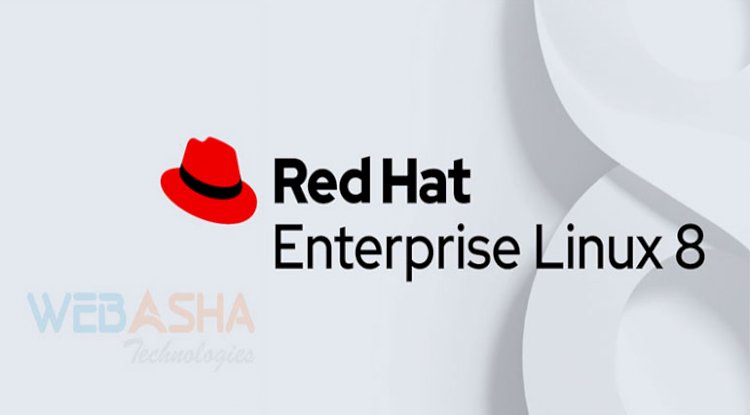
RHEL 8 need only two repositories enabled for content distribution as it is done in two modes. BaseOS repository have core OS content in the form of RPM packages and App stream repository with applications you might want to run in the user space. Here the YUM package manager is now based on DNF technology. This enables increased performance and a well-designed stable API for integration with tooling. The YUM version available here is V4.
Red Hat Enterprise Linux RHEL 8 with less setup and configuration effort has made application development quite simple. Owing to its simplicity in development of codes, it cuts the development time radically and it is quite easy even for newbies in Linux platform. Here Open Java Development Kit 11, Open JDK 8, Iced Tea-Web and Java tools like Ant, Maven, Scala are used as development tools.
Moreover, RHEL 8 has a number of new tools for clouds, containers and test application. For working of containers, Dockers are not included in RHEL 8. Podman, Buildah and Skopeo are the new container tools which forms a strong base to support container image and container needs.
RHEL 8 supports new version of programming languages like Python 3, PHP 7.2, Ruby 2.5, Nodge.je 10. Open source Version of control systems like CVS and RCS is not available. It provides following version of control systems – Git 2.18, Mercurial 4.8 and Subversion 1.10
The display server which was XOrg Server in RHEL 7 is replaced by ‘Wayland” used by Gnome Display Manager in RHEL 8
Another significant functionality with Red Hat Enterprise Linux RHEL 8 is that all the available tools could be managed by web console a single browser based interface. This functionality helps to improve the user experience considerably. Moreover, here the user space packages are delivered on a cadence model which is more effective than a monolithic distribution. Henceforth it permits consolidation of previous distributions channels to a single place.
Red Hat is now more intelligent, RHEL 8 is powered with Red Hat insights, this functionality helps to provide a security focused, efficient, reliable and scalable infrastructure. Obviously, with this smart and efficient applicative RHEL 8 has been adopted as the consistent foundation for the enterprise hybrid cloud.
RHEL 8 has improved the storage capacity by integrating virtual data optimizer (VDO). This is a kernel module which sits on top of block storage device and provides zero block elimination. VDO enable the system to provide a volume level compression and data reduplications which will aid in elimination of data redundancy and enhance effective storage of new and existing devices.
RHEL 8 allows admins to set the acceptable algorithm in multiple sources with a single configuration by creating a system wide crypto policy. This helps the administrator to configure the core cryptographic system covering SSH, TLS, DNSSec and Kerberos protocols. This would mean that if a system wide policy is set, applications will follow it and reject the usage of algorithms that do not meet the set policy unless an explicit request is forwarded to the application to perform it.
Using Ansible, System roles allow customers to configure subsystem. They deliver a layer of abstraction at the automation level, which enables a common syntax across multiple major versions of Red Hat Enterprise Linux.
RHEL 8 does not provide network scripts as default. The new version of ‘ifup’ and ‘ifdown’ requires Network Manager daemon to be running and use “nmcli” in the back end. The earlier version of the network scripts is not available as default if needed we have to install ‘network-scripts’ package.
RHEL 8 is distributed with TCP stack version 4.16 which is more stable, high performing and better scalability. Here Iptables is being replaced by nftables framework for network packet filtering. Also nftables is now the default backend for firewalld daemon. Network manager now supports single-root I/O virtualization. Network Manager allows the configurations of Virtual functions like MAC address, VLAN, spoof checking and setting the allowed bit-rate.
Positively, the new release of RHEL 8 is now with a significant change to meet the challenges of the global industrial requirements and system standards. The basic and the hottest certification RHCE is now powered with Ansible automation and shell scripting which is rated as the mandatory skills essential to meet the requirements of the industry today.






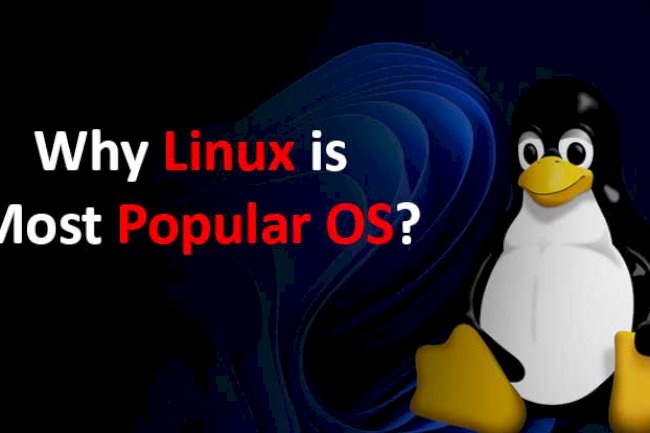
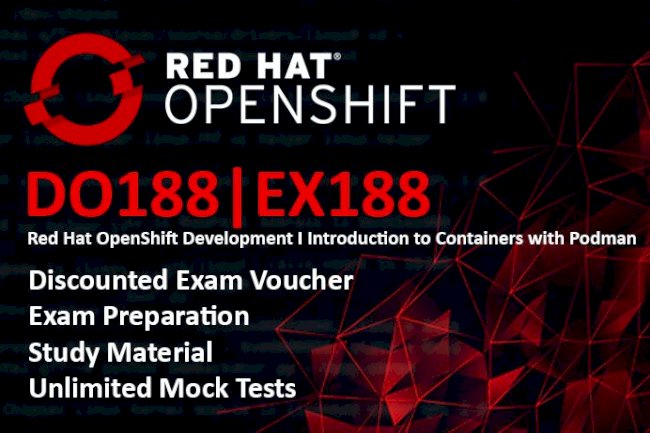
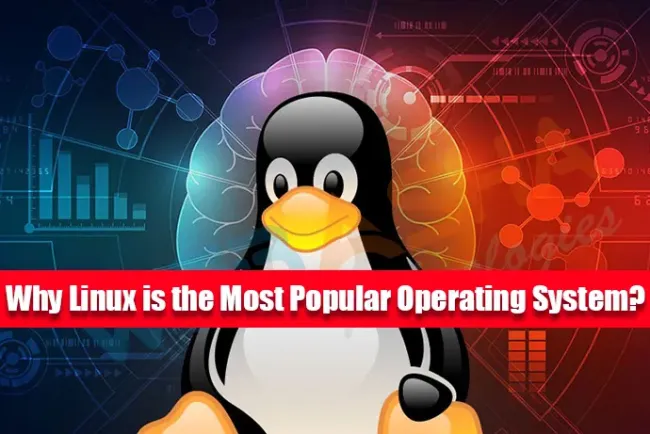


![Top 10 Ethical Hackers in the World [2025]](https://www.webasha.com/blog/uploads/images/202408/image_100x75_66c2f983c207b.webp)

![[2025] Top 100+ VAPT Interview Questions and Answers](https://www.webasha.com/blog/uploads/images/image_100x75_6512b1e4b64f7.jpg)









